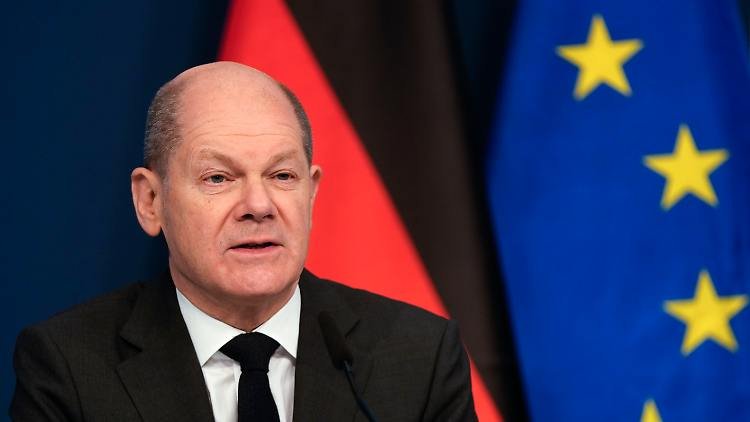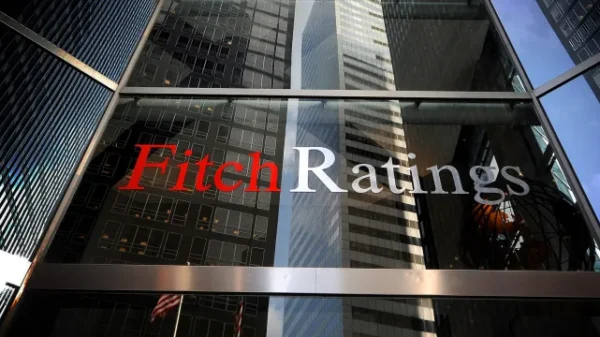Germany is set for snap elections on February 23, following an agreement among major political parties aimed at establishing a stable government after the collapse of Chancellor Olaf Scholz’s three-party coalition last week.
Germany’s two largest parties reached a consensus on the expedited timeline, with Scholz, leader of the center-left Social Democrats (SPD), scheduled to seek a confidence vote on December 16, according to Rolf Mützenich, the SPD’s parliamentary leader. This compromise with the conservative Christian Democrats (CDU) and their Bavarian allies, the CSU, clears the path for the February election.
The goal is to restore political stability swiftly as Germany, Europe’s largest economy, faces a second year of contraction amid rising geopolitical tensions, including ongoing conflicts in Ukraine and the Middle East.
The early election date will place Germany in the middle of a campaign period when Donald Trump is inaugurated as U.S. president on January 20, with Scholz serving as a lame-duck chancellor until then.
Despite poor poll standings, Scholz intends to run again, though he initially proposed a March election date. However, mounting pressure from other parties led to an earlier timetable. Riding high in the polls, CDU leader Friedrich Merz pushed for an expedited election, a call supported by two-thirds of voters in a recent survey.
“We don’t have unlimited time to elect a new government in Germany, regardless of who leads it, because the world around us is not waiting,” Merz said on Tuesday. “The world expects a Germany that is capable of taking action.”
The February 23 election date means politicians will campaign in the winter, a season likely to reduce voter turnout at outdoor events compared to typical summer campaigns.
Scholz is expected to lose the December confidence vote, after which President Frank-Walter Steinmeier would have 21 days to dissolve the Bundestag. Elections must then occur within 60 days of dissolution.
Following CDU’s Angela Merkel, Scholz assumed office in late 2021, forming a coalition with the Greens and the Free Democrats (FDP). However, escalating disputes over fiscal policy culminated last week when Scholz dismissed the FDP finance minister, Christian Lindner, prompting the FDP’s exit. Since then, the SPD and Greens have governed as a minority, reliant on opposition support to pass legislation—a prospect the CDU/CSU had resisted without a clear election timeline.










